Is Hinduism coherent, or should it be viewed as a conglomeration of many distinctive traditions? What were (or are) its most important and central teachings? When did the idea of “Hinduism” first arise and what have been the consequences? What were the effects of British rule on the religion and what are the effects of continuing modernization?
This book responds to all such debates surrounding Hinduism in the colonial and contemporary periods. It emphasizes on Hinduism as it arose and developed in the subcontinent itself—an approach which facilitates greater attention to detail and an understanding of the specific context in which new movements and changes have taken place.
ABOUT THE AUTHOR Aditya Malik
Aditya Malik received his PhD in the History of Religions of South Asia from the University of Heidelberg in 1990. He has taught at the Universities of Heidelberg and Bamberg and was awarded his another PhD in Habilitation in Modern Indian Studies from Heidelberg in 1998. His interests cover pilgrimage, oral traditions, multimedia and cultural studies, as well as post-colonial and post-modern issues relating to the study of Hinduism. He has held fellowships of the German Research Council, been the Representative in India of the South Asia Institute of the University of Heidelberg between 1999-2001, and is a UNESCO International Consultant. His publications include a monograph on the pilgrimage of Pushkar and a forthcoming study and translation of the narrative of Sri Devnarayan (Oxford University Press, New York, in press). Currently he is Senior Lecturer in Indian Religions in the Department of Philosophy and Religious Studies at the University of Canterbury in Christchurch, New Zealand.

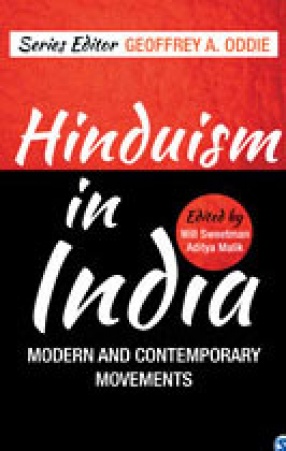
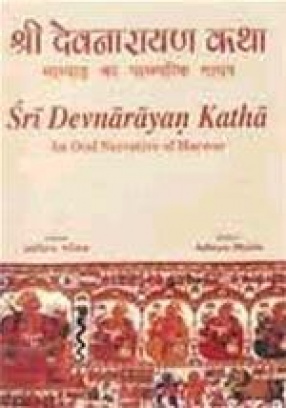
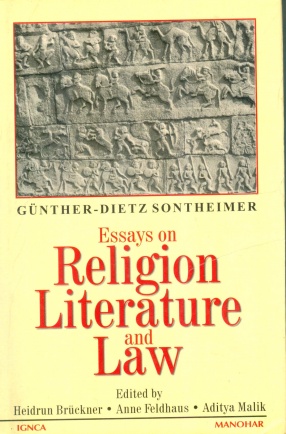
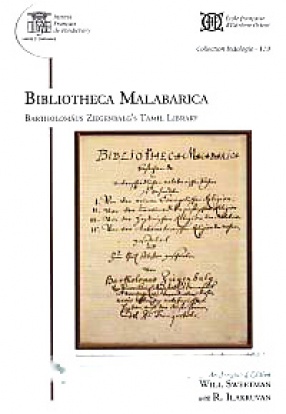
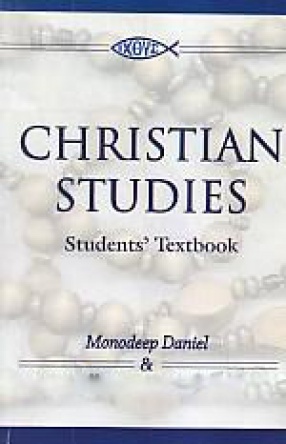
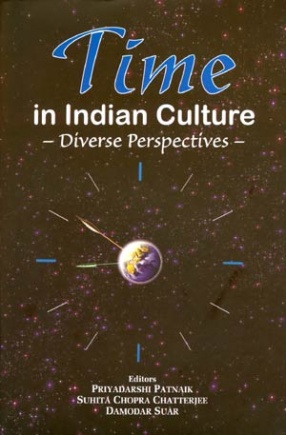
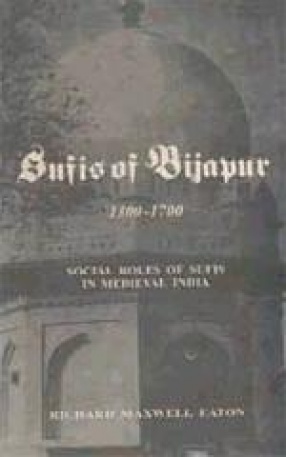
There are no reviews yet.